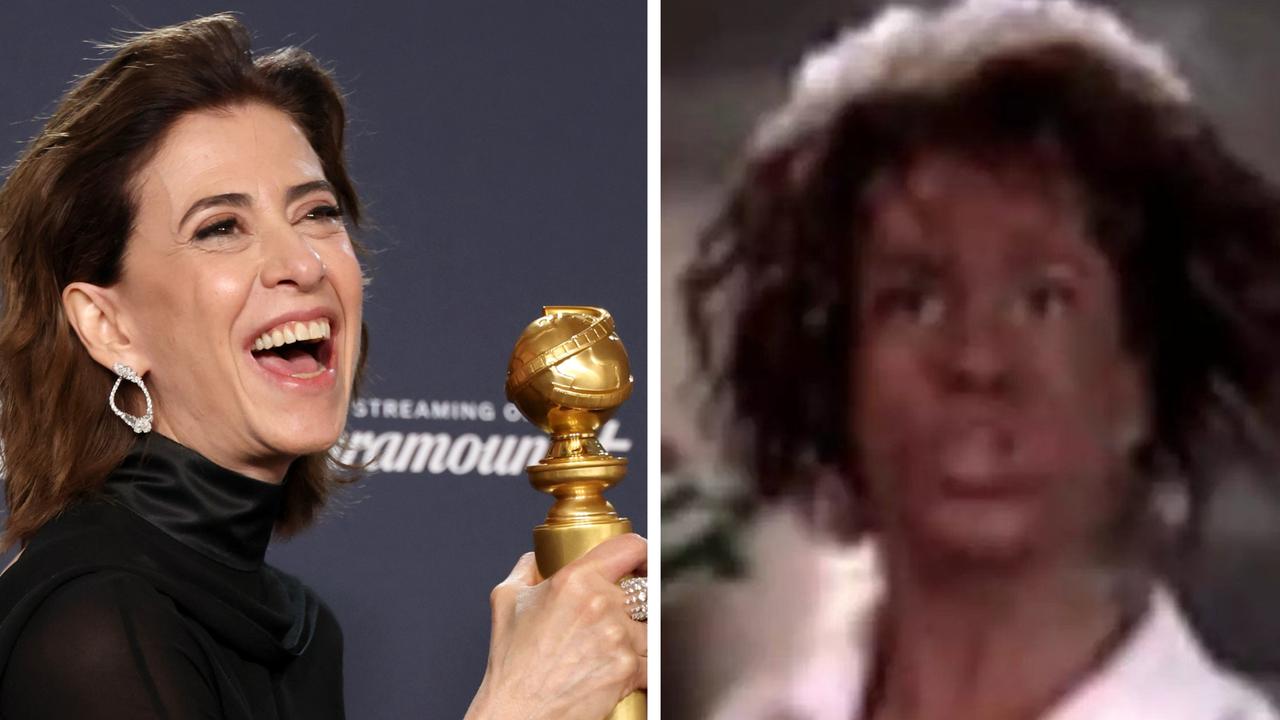Former Iron Maiden singer Paul Di’Anno was left with next to nothing before dying in social housing flat
After a short but raucous career fronting one of the most loved bands of the 20th century, lead singer Paul Di’Anno was left with next to nothing.
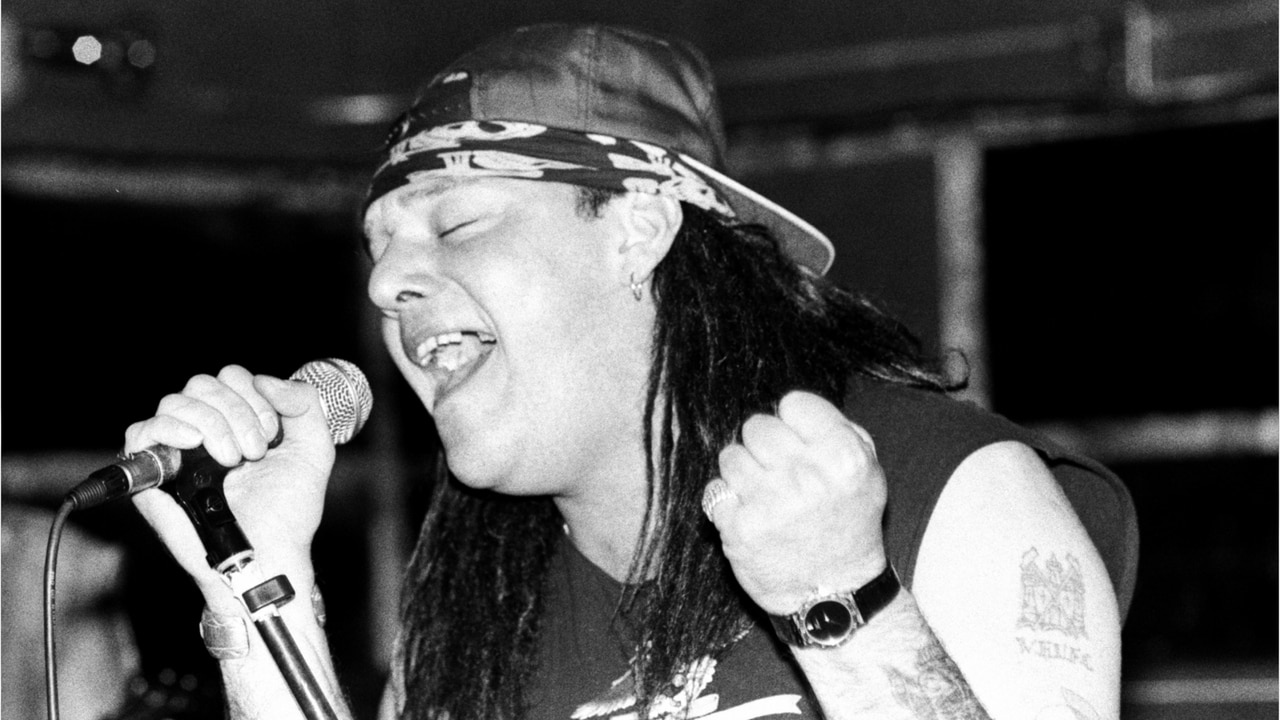
Celebrity Life
Don't miss out on the headlines from Celebrity Life. Followed categories will be added to My News.
After a raucous career fronting one of the most loved bands of the 20th century, lead singer Paul Di’Anno was left with nothing.
His turbulent life left him alone and financially destitute before his death last week at the age of 66.
Once the voice behind Maiden’s first two smash-hit albums, Di’Anno — born Paul Andrews — was found dead in a modest social housing flat in the UK.
Struggling with health issues, he had spent the last years of his life in a wheelchair, his rock ‘n’ roll dreams long overtaken by a mix of hard living and a string of bad luck.
His former bandmates now perform to packed arenas, a world away from the isolated life Di’Anno led in his final years. At a recent show in Minnesota, Iron Maiden’s current frontman, Bruce Dickinson, called for a moment of silence to pay tribute to the fallen rocker.
“Devoted to rock ‘n’ roll right up ’til the last minute of his life,” Dickinson told 20,000 fans.
“Paul, if you’re listening … scream for me!”
Di-Anno’s life was a constant rollercoaster of ups and downs. He was sacked from Maiden at age 23, his appetite for drugs and partying costing him his place in the band.
He left with £50,000 (A$98,000) in exchange for signing away his royalty rights. For decades, he tried to reclaim his footing in various bands, often leaning on his Iron Maiden connection, but struggled with health and legal battles.
“When you’re f****d up on drugs and alcohol you turn into a complete p***k,” Di’Anno said while promoting his candid 2010 autobiography, The Beast.
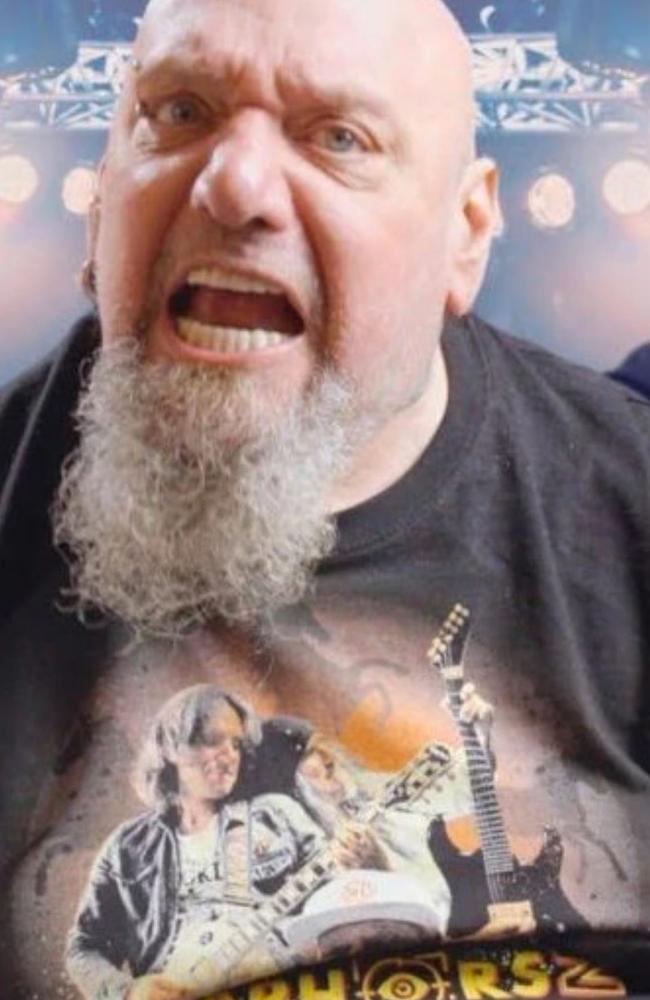
“It’s no secret. I was pretty much out to lunch on that [German] tour, I suppose.
“It wasn’t just that I was snorting a bit of coke, though; I was just going for it non-stop, 24 hours a day, every day. I thought that’s what you were supposed to do when you were in a big, successful rock band.
“But Maiden had become so big by then that the band had commitments piling up that went on for months, years, and I just couldn’t see my way to the end of it. ‘People ask me now, would I have done things different if I could go back and have my time over?
“Well, the honest answer to that is no. I was a kid. What did I know?”
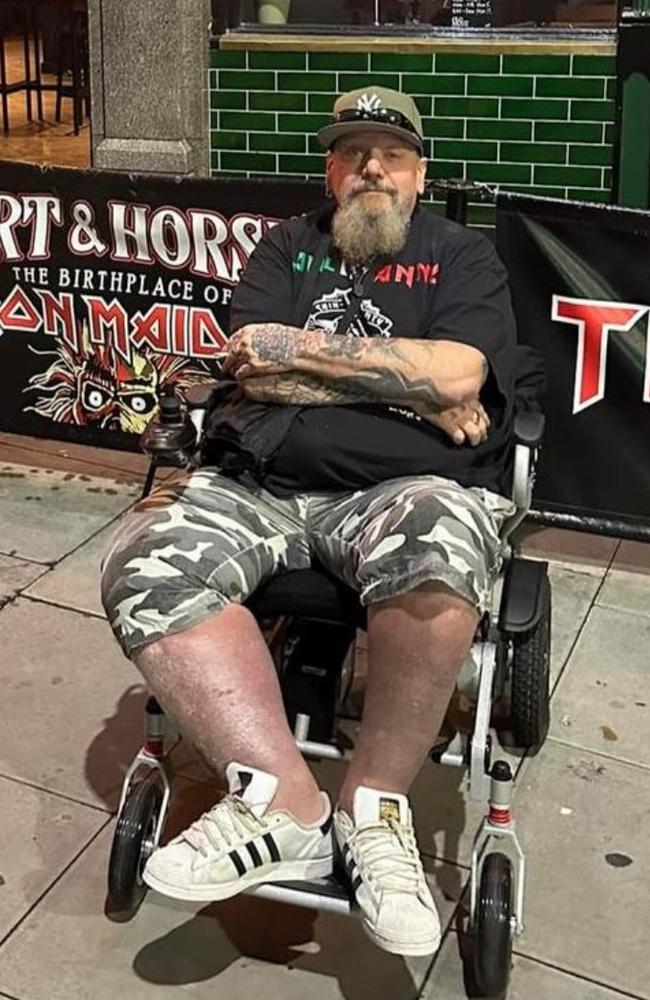
His 2011 jail sentence for benefit fraud was another unfortunate chapter in his fall from grace. An investigation had caught him performing energetically on stage despite claiming disability benefits.
Di’Anno’s became a cycle of crowd-funded medical treatment, wheelchair-bound performances, and ghostly comparisons to his former band.
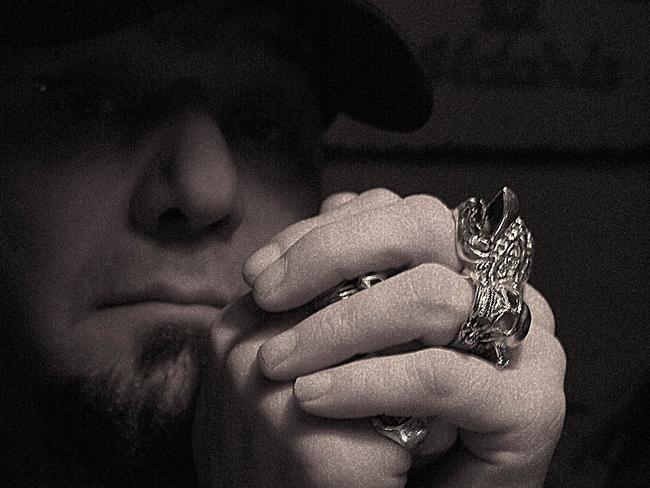
Fans saw his final Australian tour as a heartbreaking spectacle, with reviews describing his presence on stage as “the world’s slowest heavy metal car crash”.
Nevertheless, Iron Maiden acknowledged his passing with a heartfelt statement: “Paul’s contribution to Iron Maiden was immense,” it read. “His pioneering presence … will be very fondly remembered not just by us, but by fans around the world.”
The man who had once epitomised raw energy and defiance had come full circle — remembered by Maiden tragics as much for his powerful voice as for the rock ‘n’ roll dream that eluded him in the end.
Originally published as Former Iron Maiden singer Paul Di’Anno was left with next to nothing before dying in social housing flat

